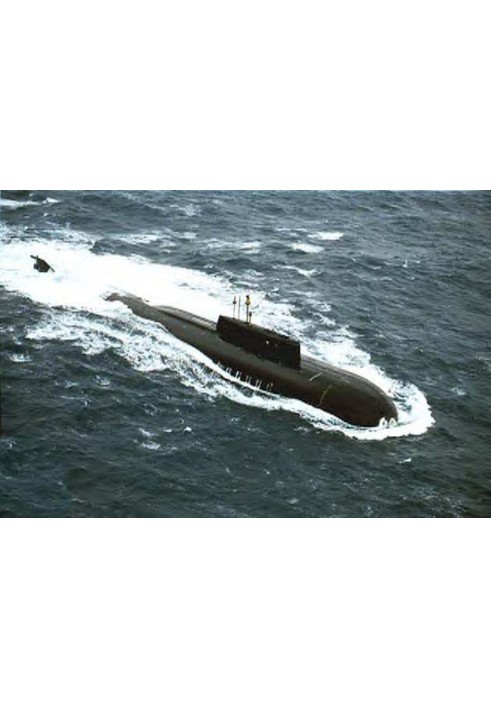The Nuclear Hazards of the Recovery of the Nuclear Powered Submarine Kursk
 Instant download
Instant download
after payment (24/7)
 Wide range of formats
Wide range of formats
(for all gadgets)
 Full book
Full book
(including for Apple and Android)
ABSTRACTThe Russian Federation nuclear powered submarine Kursk sank in August 2000 with the loss of all 118 lives on board. In May 2001 the Russian Federation entered into a contract with the Dutch consortium Mammoet-Smit for the recovery of the Kursk on the condition that it had to be completed within that year. The consortium prepared for this World-first salvage of a nuclear powered and conventionally armed submarine that was very substantially damaged lying at 110m in the icy waters of the Barents Sea. Working at sometimes breathtaking pace, Mammoet-Smit prepared, lifted and transported the wreckage of the Kursk delivering her to a floating dock at Rosljakovo, about 200km south of the foundering site, in just over six months from the contract date. This paper tracks how the nuclear and other hazards of the Kursk, its nuclear reactors and weaponry were assessed and monitored throughout the recovery and salvage program, and it provides an insight into the reasons why the Kursk sank.
Data sheet
- Name of the Author
- Huw Jones
John Large H.
Peter Davidson - Language
- English












